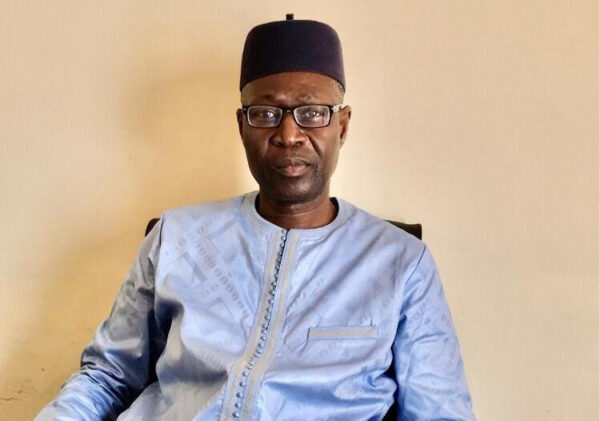By Pr Amath Ndiaye, Economist, Cheikh Anta Diop University of Dakar.
The statement by IMF Managing Director Kristalina Georgieva, expressing the Fund’s willingness to conclude a new program with Senegal, marks a new phase in the relationship between Dakar and the Bretton Woods institution. But this opening should not overshadow an imperative: stabilizing public finances without undermining the country’s social and political cohesion.
An essential lever to be handled with caution
The IMF is not a crisis exit strategy, but a stabilization lever. Its intervention aims to restore confidence, rebalance public accounts, and restore financial credibility to the country.
Senegal, whose budgetary situation has deteriorated, currently needs the Fund to avoid a financing crisis and contain the public deficit.
In the short term, any alternative would be too costly and potentially doomed to failure. Internal financing margins are low, and external resources available outside the IMF framework—eurobonds, commercial or bilateral loans—are expensive and unsustainable.
Therefore, resorting to the IMF is not a choice of convenience, but a strategic necessity to restore budget stability and macroeconomic credibility.
A budgetary adjustment with a human face
However, this partnership must be negotiated with intelligence and humanity. The IMF must learn from the Structural Adjustment Programs (SAPs) of the 1980s-1990s, whose social effects have deeply marked the African continent.
It is no longer a time for blind austerity policies, but for a budgetary adjustment with a human face, reconciling financial discipline, inclusive growth, and protection of vulnerable populations.
The Sahelian geopolitical context, marked by the jihadist threat and social tensions, requires a contextualized and cautious approach. Applying uniform recipes mechanically to a country exposed to these vulnerabilities would be dangerous.
The adjustment period must be sufficiently long and gradual to avoid excessive social costs and preserve national stability.
The trap of removing energy subsidies
Among the often mentioned conditionalities is the reduction of energy subsidies. However, such a measure would constitute a major strategic mistake today.
Abruptly removing subsidies on fuels and electricity would cause a chain reaction of price increases, a collapse in purchasing power, and social tension with incalculable consequences.
President Macky Sall has never wanted this risk. Aware of its destabilizing potential, he has always refused to sacrifice social peace on the altar of budgetary balances.
In a country where the cost of living already weighs heavily on households, such a decision could have weakened political stability and ruined years of national cohesion efforts.
The challenge is not to remove subsidies, but to better target them: protect the disadvantaged, rationalize transfers, and limit abuses, without inflicting a brutal shock on society.
It is this economic and social realism that should guide current discussions with the IMF.
The exemplarity of the State: a condition of credibility
A budget adjustment with a human face must also be an exemplary adjustment. The Senegalese government must set a good example by drastically reducing its standard of living:
- lowering high salaries and excessive benefits;
- rationalizing the vehicle fleet and prestige expenses;
- postponing the purchase of vehicles for deputies;
- reducing the standard of living of public institutions;
- and gradually eliminating unjustified political funds.
In summary, it is about vigorously reducing the operating expenses of the State to preserve structural investments, those that support growth, job creation, and the productive transformation of the country.
Such an approach would strengthen the government’s credibility in its negotiations with the IMF and demonstrate that the budgetary effort is equitably shared.
Conclusion: the hand holding the lever
Senegal must demonstrate financial discipline, but also political courage and social foresight. It is at this price that the country can turn this constraint into an opportunity for economic reform, while preserving social peace and political stability.
Finally, it should be noted that an agreement with the IMF is now essential to strengthen Senegal’s credibility in international financial markets and mobilize donors and foreign investors.
However, in return, the IMF must take into account the social, political, and geopolitical dimension—especially the jihadist threat in the Sahel—to avoid destabilizing a stable country in the heart of a region under tension.
It is on this condition that budgetary adjustment can be truly effective, sustainable, and socially acceptable.


